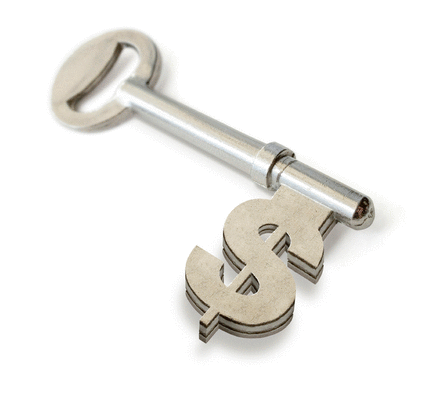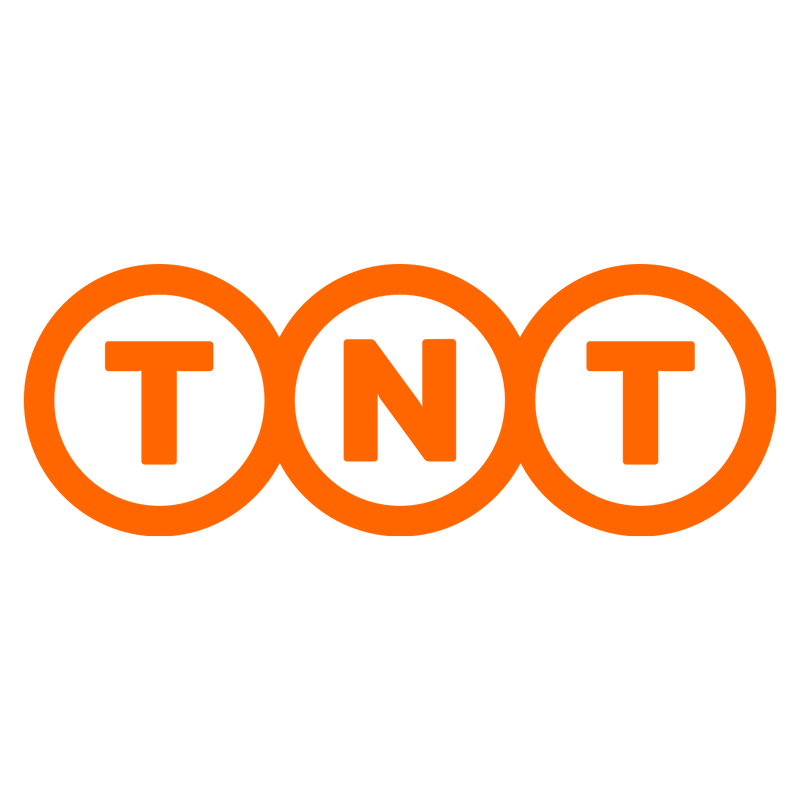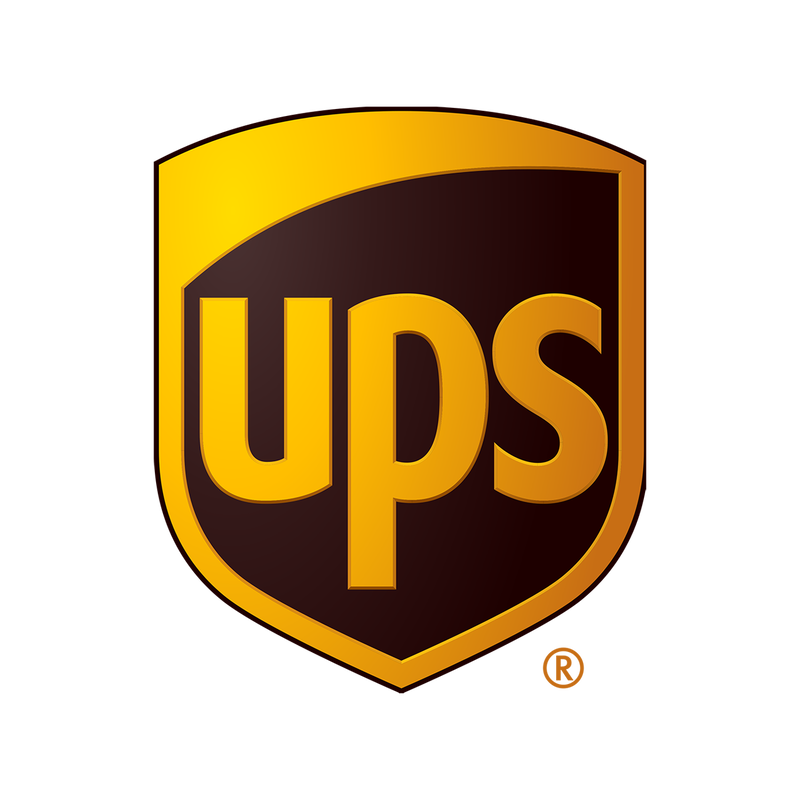Here are a few guidelines to help get your head around your overhead:
Informational websites are cheap, often free: You're in luck if your site is informative rather than interactive. You can build a Wordpress site in a matter of hours if you're not picky about design, and in weeks if you hire a designer. You probably do not need a web development company to build an informational site. You can probably hire one person to design and build your site.
Development is expensive: Mobile and web applications and stores are interactive and more expensive. Smart web development companies will bill for their services like a law firm--for time and materials. The more time it takes and the more people involved in building your system, the more it costs. Some companies will charge a fixed fee--and then they deliver late and lose money.
To build an online store or application from scratch expect a team of 4 developers to spend at least 6 months designing, implementing, testing and launching it. At $50 per person per hour, working full time each month, the monthly cost is $32,000 per month. In this case you would pay $196,000 over six months.
Development doesn't end: Development costs don't decrease after launching. They can actually increase. Consider Amazon.com, Zappos.com, or even Facebook. All of these companies spend millions each year on innovating and changing their site. Innovation aside, the changing nature of Internet--and how we access it--forces companies to constantly update their sites. As browsers and hardware change, your site must also change.
Business growth requires more development: When you first launch an online store the volume of sales might be low enough to handle sales with an email sent to one or two people. But once you start handling hundreds or thousands of orders and returns, you'll need a custom solution.
Customer service is expensive: The best online sites also have the best customer service. In fact, customer service may help you grow faster than a sleek design or adword marketing. Customer service is also people-intensive, so you will need to pay staff to answer phones, respond on the Facebook wall, and even write hand-written notes to new customers.
Success is expensive: By some estimates, Facebook spends over $1 million per month on electricity. While your business may not become as large as Facebook, you will have to consider the extraordinary people, hosting, power, and equipment costs that come with running a popular site.
With all these expenses, you're going to need to get resourceful.
Some strategies to reduce costs:
- If you're just starting out online, use a templated system like Magento, Shopify.com and BigCommerce.com. Implement custom designs on top of those. Use the templated system until you've established a following, great customer service, and business viability. Build a custom site from scratch later.
- Build a following through blogs and real customer service. Winning business is not about SEO, paid search, or a glitzy ad campaign. Early on, it's all about connecting with and impressing one customer at a time. In practice this means hand-written thank you notes, sending people info that you think they'd enjoy, and reaching out to them for advice.
- Don't spend on traditional print marketing. Spend on online marketing exclusively. When you do think it's time to advertise, skip the posters, radio ads, and other traditional marketing. Instead try to get in front of customers with helpful blog posts, paid online search, and Facebook.
Some cost-reduction strategies to avoid:
- Don't have your friend/husband/neighbor who is a designer build it for you for free. Building an online business is a massive endeavor. Unless you're formally becoming business partners, don't ask friends and family to build your site or application, because you'll probably ruin both your business and your relationship at the same time.
- Don't rely on unpaid interns to build your online business. You want three things in your technical partners: competence, stability, and accountability. You may have a really sharp intern, but if you're not paying them and they plan to leave at the end of the summer, then you won't have stability or accountability.
- Don't put the cart before the horse. If you're selling stuff, don't load up on inventory until you have traffic to your site. The great thing about the Internet is that you can sell inventory you don't even have yet. You can measure clicks and orders to determine how much of each product you should carry, and only after collecting some real data should you start holding much inventory.
Arshad Chowdhury, a serial entrepreneur who is passionate about improving life at work, is CEO of ClearGears, a software as a service business that replaces traditional reviews with real-time, social feedback. Prior to developing ClearGears, Chowdhury led two culture-first ventures: a web-consulting firm called Crowd Interactive, and a fatigue-management company called MetroNaps. For more insights, read Arshad's blog and follow him on Twitter.
BY ARSHAD CHOWDHURY
This article is written by a member of our expert contributor community.









